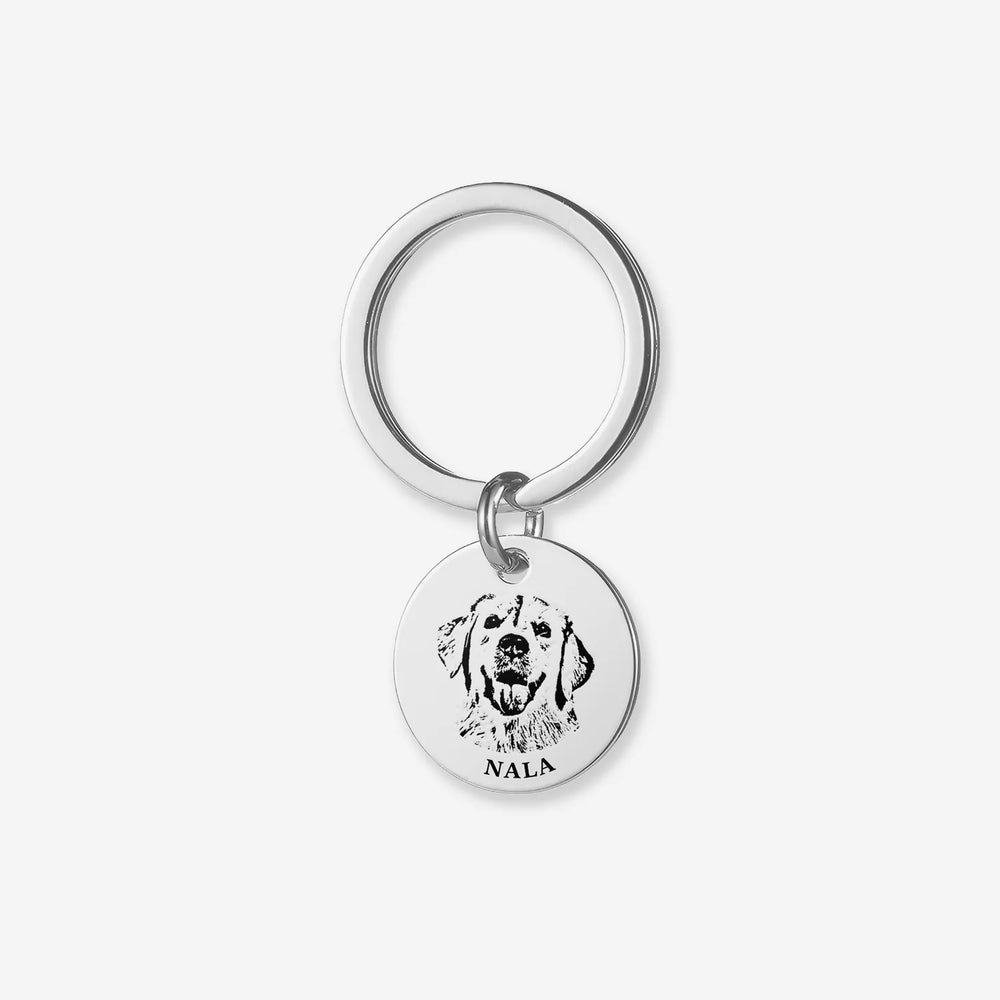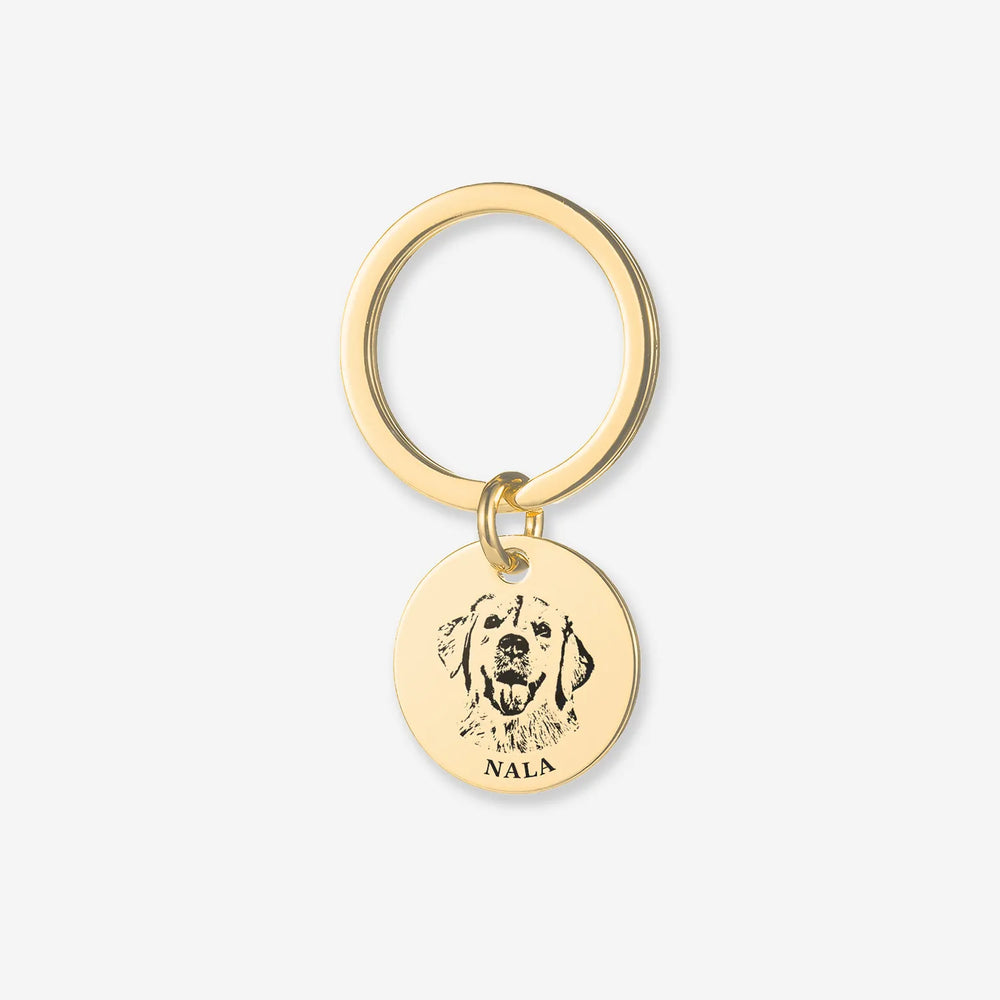Buy One, Get One FREE
Should You Train Your Dog or Hire a Professional? Pros and Cons

Facing the dilemma of whether to train your dog yourself or hire a dog trainer can be overwhelming. Dog training plays a crucial role in fostering a harmonious relationship with your furry companion. As you navigate this decision, you are presented with two options: self-training or seeking professional help. Each path offers unique benefits and considerations tailored to your specific needs and circumstances.
Pros of Training Your Dog Yourself

Cost-Effective
Save Money
Training your dog yourself can be a cost-effective option, allowing you to save money that would otherwise be spent on professional trainers. By investing your time and effort into the training process, you can achieve significant savings while still ensuring your dog receives the necessary guidance and instruction.
Use Free Resources
Utilizing free resources available online and in books can further enhance the cost-effectiveness of self-training. There is a wealth of information accessible at your fingertips, from training guides to instructional videos, that can aid you in effectively teaching your dog essential commands and behaviors without incurring additional expenses.
Bonding Experience
Strengthen Relationship
Engaging in training sessions with your dog fosters a strong bond between you and your furry companion. The shared experience of learning together creates a deeper connection based on trust and communication, strengthening the emotional ties that form the foundation of a harmonious relationship.
Understand Your Dog Better
Through hands-on training, you gain valuable insights into your dog's behavior, preferences, and personality traits. This deeper understanding allows you to tailor the training methods to suit your dog's individual needs, promoting effective learning and enhancing overall comprehension of your canine companion.
Flexibility
Train at Your Own Pace
Self-training offers the flexibility to progress through lessons at a pace that aligns with both yours and your dog's learning capabilities. You have the freedom to adapt the training schedule to accommodate any challenges or setbacks encountered along the way, ensuring a comfortable and personalized approach to teaching new skills.
Customize Training Methods
Tailoring training techniques to suit your dog's specific requirements is a significant advantage of self-training. You can adjust strategies based on your pet's responses and behaviors, implementing personalized approaches that cater to their unique learning style. This customization enhances the effectiveness of the training process, leading to better results and a more fulfilling experience for both you and your dog.
Pros of Hiring a Dog Trainer

Expertise and Experience
Professional dog trainers bring a wealth of knowledge and experience to the table, ensuring that your furry friend receives top-notch training. Their expertise allows them to understand your dog's unique needs and behaviors, tailoring the training program to address specific issues effectively.
Professional Knowledge
By hiring a dog trainer, you gain access to professional insights and techniques that have been proven to yield successful results. These experts are equipped with the know-how to tackle various training challenges, guiding you through the process with confidence and skill.
Address Specific Issues
Dog trainers excel in identifying and addressing specific behavioral issues that your dog may be facing. Whether it's excessive barking, leash pulling, or separation anxiety, they can develop targeted strategies to modify these behaviors and promote positive change.
Time-Saving
Enlisting the help of a dog trainer saves you valuable time by streamlining the training process and accelerating your pet's learning curve. With efficient training methods and personalized guidance, you can achieve desired results in a shorter timeframe while minimizing stress for both you and your furry companion.
Efficient Training
Hiring a dog trainer ensures that training sessions are optimized for maximum efficiency, focusing on key areas that require improvement. This targeted approach eliminates unnecessary steps and hones in on essential skills, making the most out of each session.
Less Stress for Owners
The support of a professional dog trainer alleviates stress for pet owners by providing expert guidance and reassurance throughout the training journey. With their assistance, you can navigate challenges more smoothly and enjoy a harmonious learning experience with your beloved canine companion.
Structured Training Program

A structured training program offered by dog trainers follows consistent methods that have been proven effective in shaping desired behaviors. By adhering to established techniques and approaches, you can instill good habits in your dog while building a strong foundation for future learning.
Consistent Methods
Dog trainers emphasize consistency in their training methods, reinforcing positive behaviors through repetition and reinforcement. This systematic approach creates clear expectations for your pet, promoting steady progress and long-lasting results.
Proven Techniques
Through years of experience and research-backed methodologies, dog trainers employ proven techniques that have been shown to work across various breeds and temperaments. By leveraging these effective strategies, you can guide your dog towards success in mastering new skills and behaviors.
Socialization Opportunities
Group Classes
Joining group classes with your furry friend can be a rewarding experience for both of you. These sessions provide an excellent opportunity to interact with other dogs in a controlled environment, promoting socialization skills and positive behavior. By engaging in group classes, your dog can learn how to communicate effectively with peers, fostering confidence and adaptability in various situations. The structured nature of these classes ensures that each session focuses on essential skills while allowing for supervised playtime and interactions.
Interaction with Other Dogs
Encouraging interaction with other dogs is essential for your pet's development and well-being. Through positive encounters with different breeds and personalities, your dog can learn valuable social cues and appropriate behaviors. Interacting with other dogs promotes empathy, cooperation, and mutual respect among furry companions, enhancing their overall social skills. Whether during playdates or training sessions, facilitating healthy interactions with other dogs contributes to a well-rounded and socially adept canine companion.
Recap the advantages of each training method: self-training offers cost-effectiveness, bonding experiences, and flexibility, while hiring a professional provides expertise, time-saving benefits, and structured programs. It's crucial to select the right approach based on your lifestyle, budget, and your dog's specific needs. Consider how much time you can dedicate to training and whether your furry friend requires specialized guidance for behavioral issues. By making an informed decision that aligns with these factors, you can embark on a rewarding training journey tailored to your unique circumstances.



















